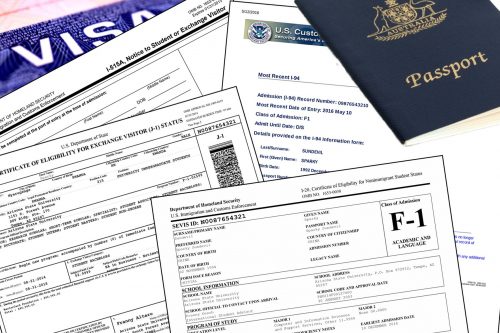
Could your life fit into a folder?
Over the past few weeks, I have noticed that nearly every client walks into a consultation with a folder. The contents range from birth certificates, visas, marriage licenses, court notices, personal declarations, etc. Everything that a client will need to prove that they are worthy of some type of status in the United States lies inside that folder. For some, it might just seem like a big jumble of papers. But the clients guard and care for these files as if they were gold.
And it makes sense. Any missing document or delay adds more time to an already lengthy immigration process.
But do these documents truly represent the applicant and their story? Can papers stand in for a person?
As I reflected on these questions, I realized how often we are expected to represent ourselves on paper.
College applications, resumes, credit scores, medical files.
Each of these things are representative of our experience, credibility, and/or background; yet, they also require reducing our lives into documents. We have become accustomed to describing ourselves in bullet points, check boxes, and percentiles.
Female? Check. Hispanic? Check. U.S. Citizen? Check. 18-24? Check. Christian? Check.
I could fill out these boxes with my eyes closed. Yet, without going any deeper, they really don’t say much about me.
I understand why these boxes exist and why these documents are necessary, especially in the immigration process. And while I wish that we could take the time to sit down and listen to each applicant’s story, that’s not an efficient or feasible system. For this reason, I am grateful that I have been able to hear clients speak about their experience and help them craft their declarations.
But I also fear that just like it’s easy to lose a worksheet or receipt, that someone’s story will get lost in the shuffle.
